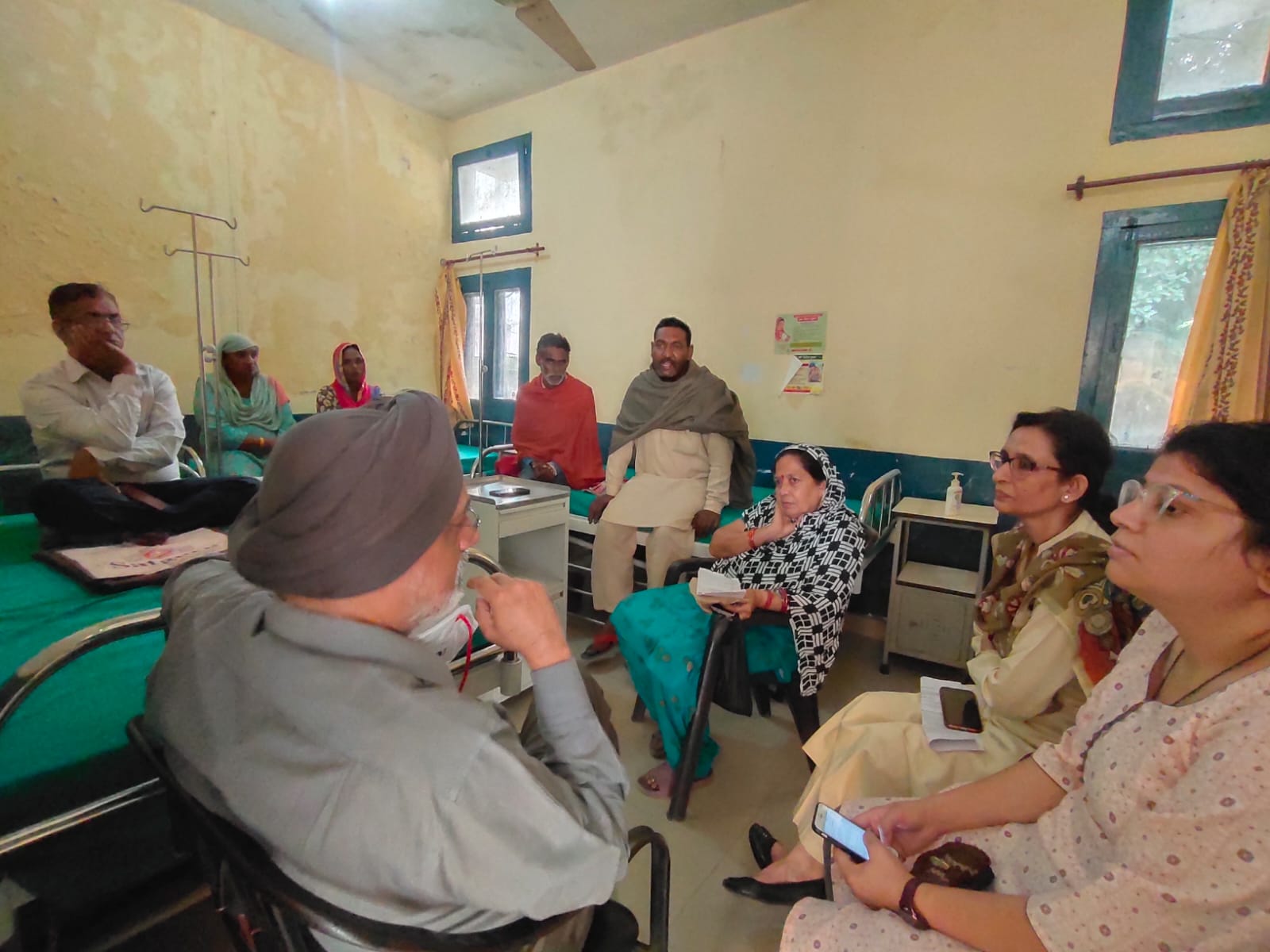STOP Epilepsy
Bridging the Epilepsy Care Gap in India: Empowering Communities through Primary Healthcare

In India, nearly 12 million people live with epilepsy, yet most lack access to consistent, quality care. The shortage of specialist doctors, coupled with social stigma and limited community awareness, has left a large treatment gap—estimated between 50–80%.
To address this, our initiative STOP-Epilepsy is pioneering a task-sharing model where trained primary healthcare providers—ASHAs, ANMs, AYUSH doctors, and community health officers—work hand-in-hand with specialists to deliver accessible epilepsy care.
Using a mobile-based decision-support tool (EMADS) and targeted educational programs, the project aims to build capacity at the grassroots level, raise awareness, and provide care closer to people’s homes.
By strengthening community engagement and leveraging technology, STOP-Epilepsy seeks not just to treat epilepsy—but to transform the way neurological care is delivered in India’s primary healthcare system.
“Access to epilepsy care is not a privilege, it’s a promise of dignity.”